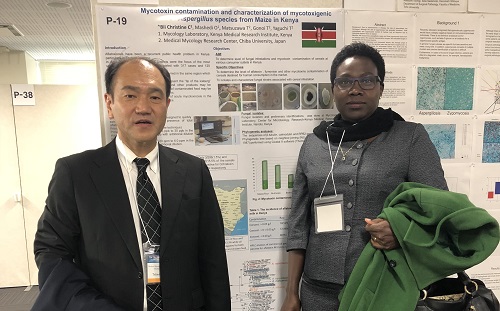On August 21, 2025, Professor Ahmed Fahal, Director of the Mycetoma Research Center (MRC) at the University of Khartoum in Sudan, his research assistant Lubna Souleymane El-Nour, and Professor Doudou Sow from Gaston Berger University in Saint-Louis, Senegal, visited the MMRC along with research teams from Nagasaki University and Nagoya University to discuss joint research.
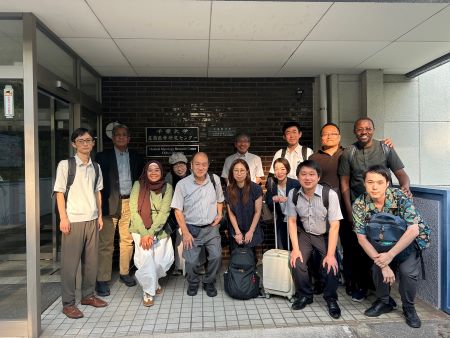
Wiktoria M. Maj, researcher at the Institute of Agricultural Technology of the Polish Academy of Sciences, came to Japan on a 3-month internship program starting March 1, 2025 to conduct research on "Metabolites, morphology, genetic symptoms and correlation with heat resistance in heat-resistant fungi of the genus Neosartoria. Neosartoria.
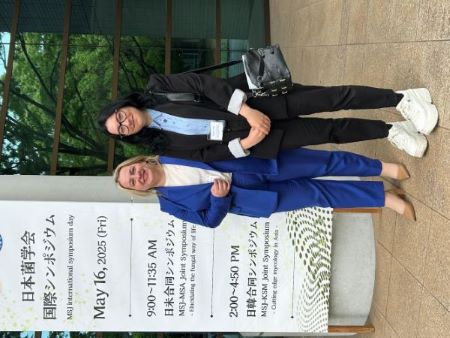
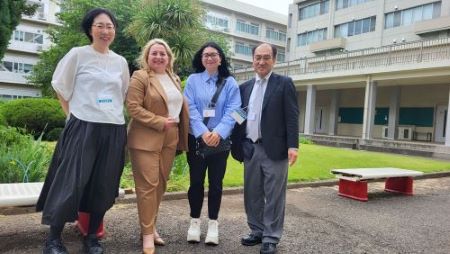
From February to May 2023, postdoctoral researchers from Colorado State University College of Veterinary Medicine visited Japan and conducted research on phylogenetic analysis of Aspergillus.
The five-year SATREPS project with the University of Campinas, State of Sao Paulo, Brazil, which has been carried out since 2017, has ended (AMED: until March 2022, JICA: until August 2022). In this research project, we established a fungal bank at the University of Campinas and constructed a multi-institutional joint mycosis case database, forming a research base for fungal infections in Brazil. In this research project, we discovered a new antifungal drug resistance mechanism for the first time in the world and published it in a paper. We also conducted drug susceptibility, resistance mechanisms, and genome analysis of major candidiasis-causing bacteria, which we were able to publish in multiple papers. Even though the project has ended, research exchange continues.
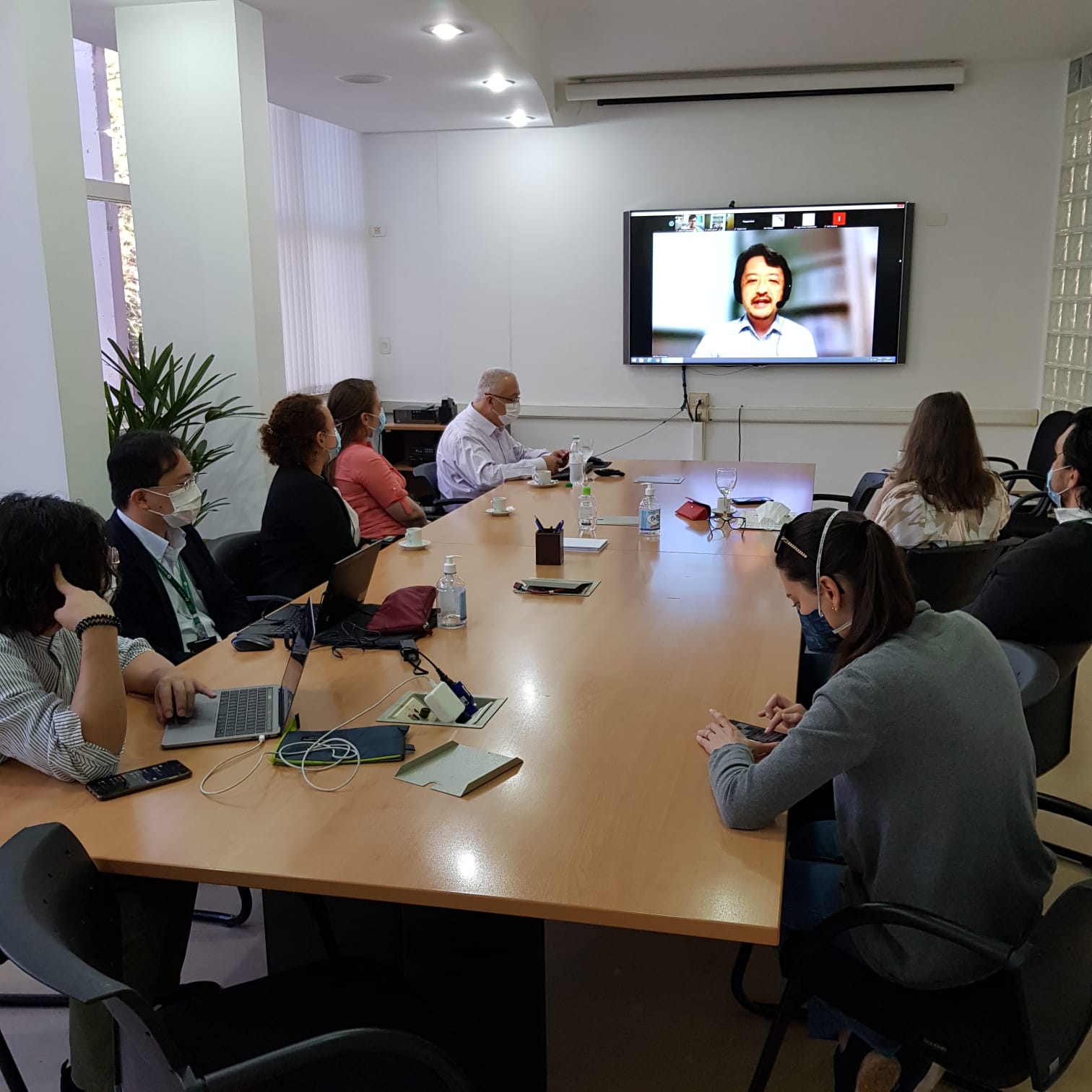
In January 2023, a researcher from the Eijkman Institute in Jakarta visited Japan to discuss joint research on pneumococci.
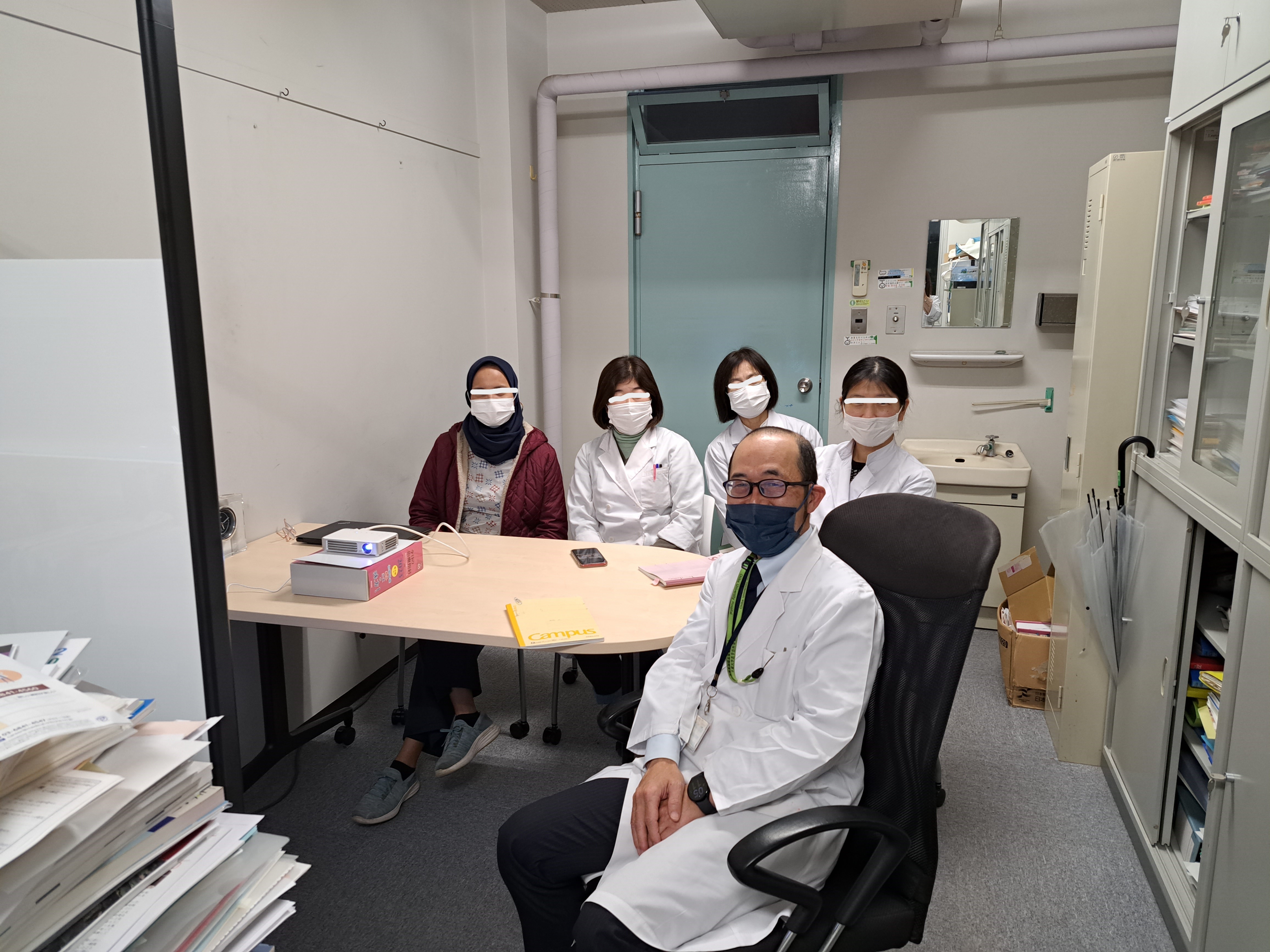
Since 2016, the University of Campinas and Chiba University have been conducting international joint research project, including epidemiological surveys of drug-resistant fungi and a study on the mechanism of drug resistance in fungi, with the support of the Japan Agency for Medical Research and Development (AMED) and the Japan International Cooperation Agency (JICA). The duration of the project is 5 years. During this period, Japan and Brazil will share technologies with each other through short-term dispatch of experts and research training for Brazilian researchers in Japan. In addition, this program supports the development of a research network among the medical and research institutes in São Paulo.
Within this framework, Chiba University, the University of Campinas, Eiken Chemical Co., Ltd., and JICA have launched an international joint research project to evaluate the performance of SARS-CoV-2 detection kits in response to the global COVID-19 pandemic. A signing ceremony for this project was held in November 2020.
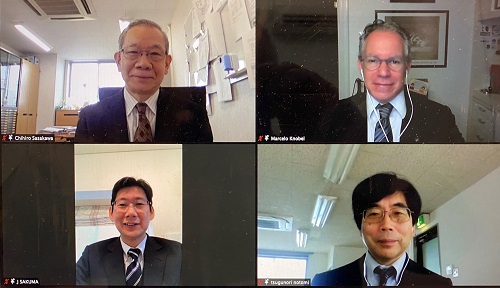
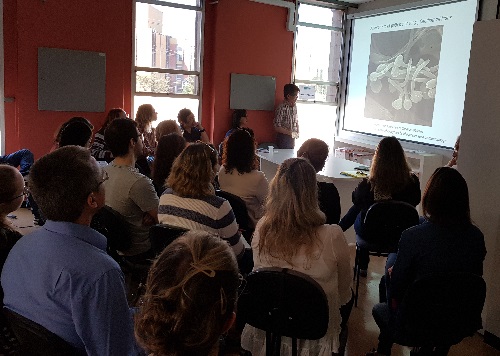
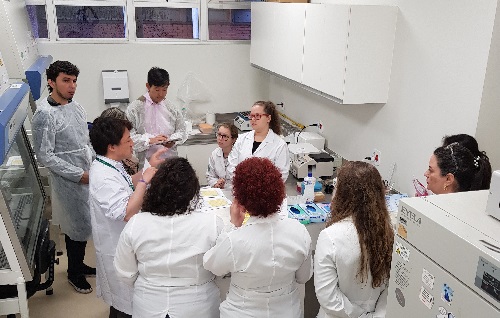
Invasive pneumococcal disease (IPD) is associated with high mortality in children. The prevention of IPD is urgently required around the world. After the introduction of 13-valent pneumococcal conjugate vaccine (PCV13) as national immunization program, the prevalence of IPD decreased in Japan and western countries. However, PCV13 is not available to all children in Indonesia. In cooperation with Indonesian pediatricians and bacteriologists, we are currently conducting a joint study of pediatric IPD in Yogyakarta city in Java. This research is expected to reveal the burden of disease associated with IPD in Indonesia and to provide important data that emphasizes the need for routine vaccination with PCV13. Furthermore, this research will make it possible to foster Indonesian researchers.
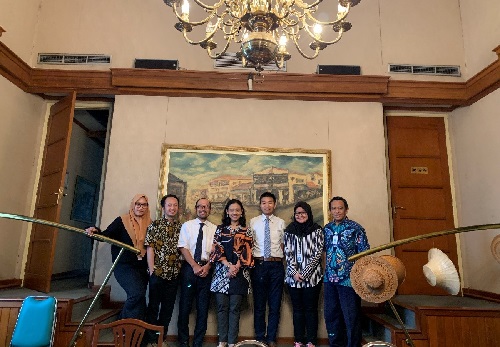
Dr. Vit Hubka (MD, PhD) of the Czech Academy of Sciences joined the Medical Mycology Research Center (the Center) in November 2020. As the recipient of a JSPS postdoctoral fellowship for research in Japan, he will conduct collaborative research at the Center for 2 years. This research will examine Aspergillus species and the spread of antifungal-resistant strains by hybridization testing. An increase in Aspergillus strains that are resistant to azole antifungals has been reported in western and Asian countries, including Japan. This collaborative research aims to characterize Aspergillus species that cause aspergillosis in Japan, reveal the presence or absence of interspecific crossing, and determine their phyletic relationships by comparing the clinical and environmental strains stored in the Center with isolated strains originating from European countries.
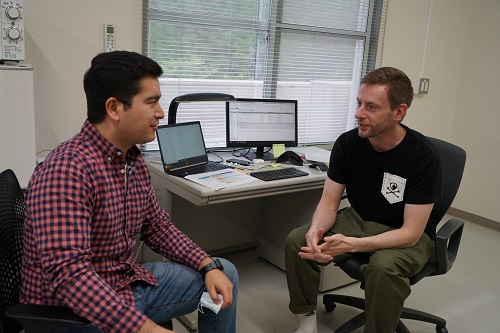
Under support of Kenya Research Station, Inst. NEKKEN, Nagasaki Univ., we are analyzing toxins contaminating major local grains (maze, wheat) and milks, and also producer fungi. We found the local foods are contaminated by the toxins at concentrations far above the international standards. Furthermore, we identified the isolates causative aspergillosis from environmental and clinical specimens, analyzed the susceptibility to antifungal drugs, and compared them with Japanese strains. As a result, new species that cannot be found in Japan have been isolated.
